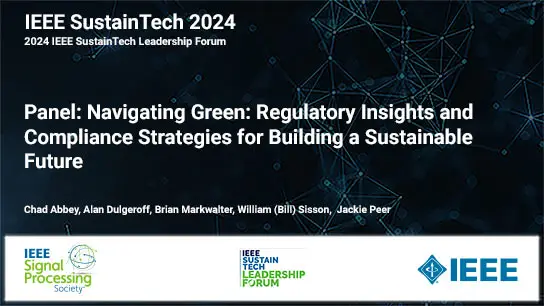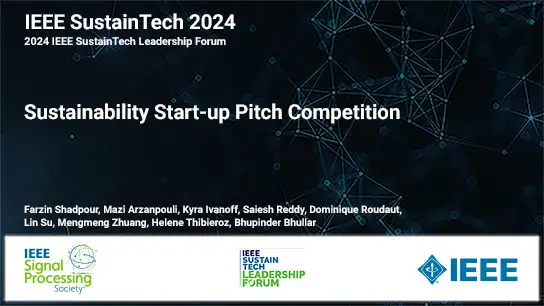Seen And Unseen Emotional Style Transfer For Voice Conversion With A New Emotional Speech Dataset
Kun Zhou, Berrak Sisman, Rui Liu, Haizhou Li
-
Members: FreeSPS
IEEE Members: $11.00
Non-members: $15.00Length: 00:12:09
11 Jun 2021
Emotional voice conversion aims to transform emotional prosody in speech while preserving the linguistic content and speaker identity. Prior studies show that it is possible to disentangle emotional prosody using an encoder-decoder network conditioned on discrete representation, such as one-hot emotion labels. Such networks learn to remember a fixed set of emotional styles. In this paper, we propose a novel framework based on variational auto-encoding Wasserstein generative adversarial network (VAW-GAN), which makes use of a pre-trained speech emotion recognition (SER) model to transfer emotional style during training and at run-time inference. In this way, the network is able to transfer both seen and unseen emotional style to a new utterance. We show that the proposed framework achieves remarkable performance by consistently outperforming the baseline framework. This paper also marks the release of an emotional speech dataset (ESD) for voice conversion, which has multiple speakers and languages.
Chairs:
Hirokazu Kameoka



